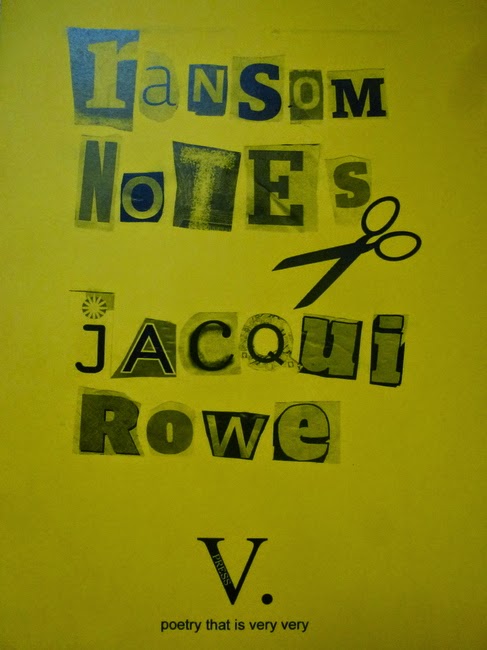Do Not Alight Here Again by Rachel McCrum
– Reviewed by Alice Tarbuck –
Do Not Alight Here Again is poet, performer and promoter Rachel McCrum’s second pamphlet, a wide-ranging collection that touches on homeland, national identity, and the ways in which those inform love, poetic practice, and political participation. The first poem, ‘Do Not Listen to my Voice’, touches on the key themes of the pamphlet. In the third stanza we hear the plea:
Oh
Please do not listen to the sound of my voice.
Performance is cheating in poetry.
Accidents of cadence confer charmplate weight
on anecdote
milk meaning till it curdles
McCrum is an interesting poet in terms of her positioning – she performs regularly, and her poems attend to that. The pamphlet moves between works with a more explicit ‘performance poetry’ diction, and those with a more quietly lyrical tone that perhaps work better on the page. This poem is squarely in the first category, full of internal rhyme, lineated to accommodate dramatic pauses. The poem questions the legitimacy of its very form, however, when it proclaims that ‘Performance is cheating in poetry’. This critique, oft-levelled in the debate around performance poetry, is here personalized when the poem discusses voice as an aspect of the self that is malleable to an extent, ‘dragged up by elocution lessons’, but always imbued by aspects beyond the control of the speaker:
But with your voice you could
make a telephone directory sound interesting.
Have you considered
voiceover work or
phone sex
Here we encounter the idea that voice – like appearance – can be perceived as more important than the message being delivered – a theme returned to throughout the collection. To reduce the practice of poetry to recitation or titillation is to dismiss effort. McCrum’s work is interested in the idea of effort, of working to express the essence of a thing: but more than that, to do so in a way that allows for aesthetics.
We can see this in her use of extended metaphor in ‘We Brought It to the Sea to Air’, which traces an unspecified object taken on holiday with a couple, who try to soothe its symptoms of distress, and eventually let it go. The slow unfolding of the poem forms a map of both dialogue and place:
We brought it to the sea to air
to take the salt cure.
We propped it up to peer
through the smeared perspex crust
of the ferry windows.[…]
We tried to stroke it smooth,
pat down hackles,
unruffle worried feathers,
unflick raised scales,
till all would be silver
and rainbows
With this poem, McCrum explores the notion of process, of what can be made of something that is ending. The repetition of the united ‘we’ is balanced delicately against the ‘something’ that has come between the ‘us’ of the poem: as the description of this thing becomes more detailed, so the ‘we’ becomes more precarious, appears less frequently. This culminates in the third final stanza, where the repetition of ‘we’ is replaced by repetition on the subject of discarding ‘it’:
better pecked out by gulls
better hosed into a tank of crabs
gutted with the mackerel catch
better sucked under quicksand […]
than to lie there gasping.
The sea, which in this work conjures the Victorian idea of ‘taking the air’, is here figured as a brutal force, its associated industries and animal life violent and unpleasant. As if the gaze had been spoiled by the events of the holiday, we see perceptive shift toward the negative aspects of the nautical setting. The poem ends with release, but avoids any obvious reconciliation. The sea is still figured as an uncertain element:
Silently we prayed
that it was buoyed by something
we could not measure.
McCrum, whilst she works to avoid sentimentality, is nevertheless invested in giving her work deep emotional punch, which, when combined with a slight tendency toward the neat final line, can occasionally over-step its well-considered mark. Usually, however, these troublesome final lines come off, and to beautiful effect. In the final title poem of the collection, ‘Do Not Alight Here Again’, concerned with emigration and parental expectation, the last few lines sing out, summing up a highly successful pamphlet about journeying to find one’s place:
Wander far.
Be better than us.
Do not alight here again.




